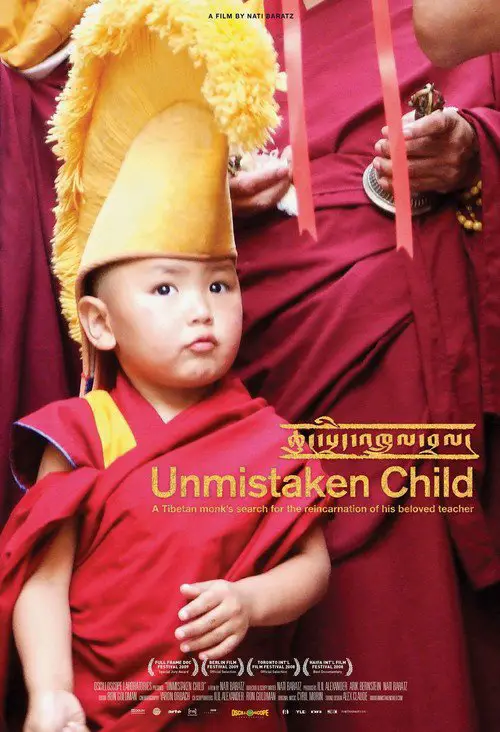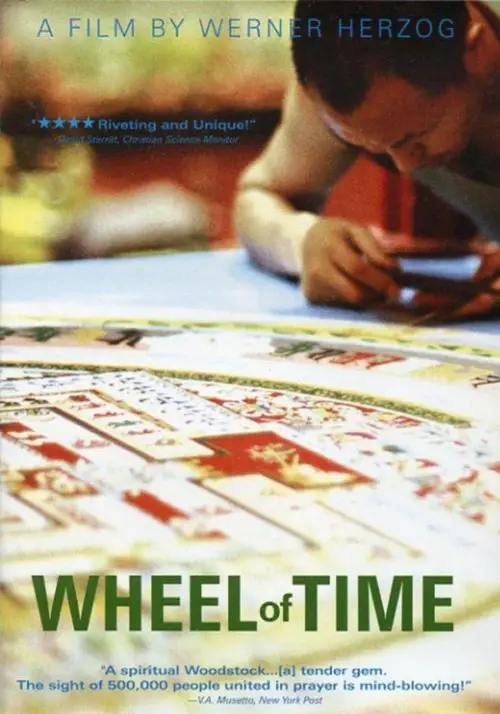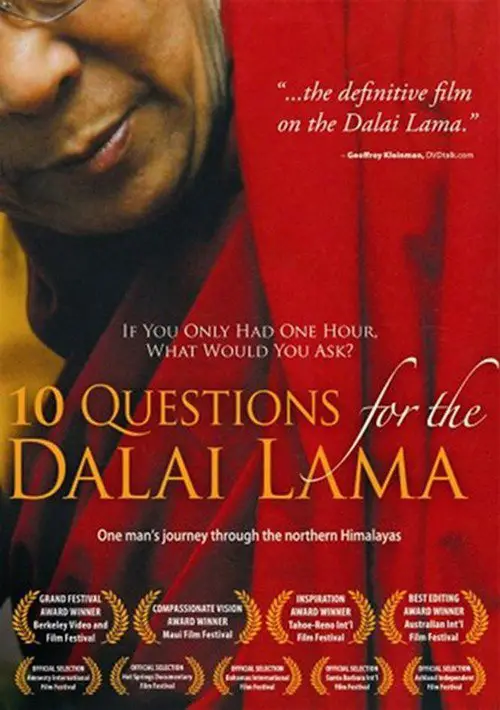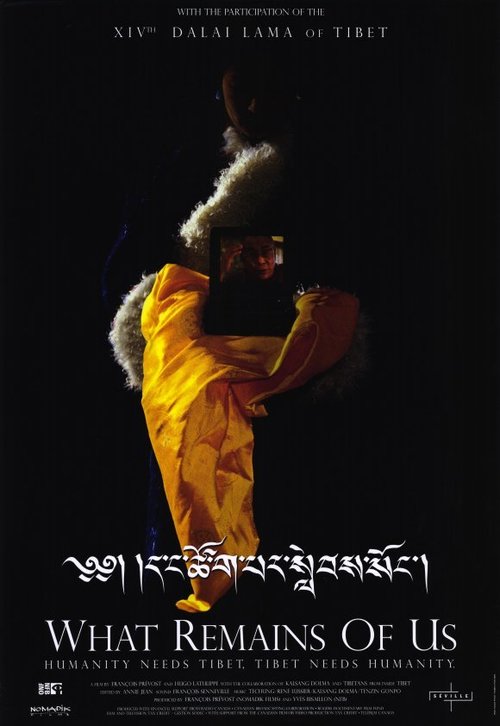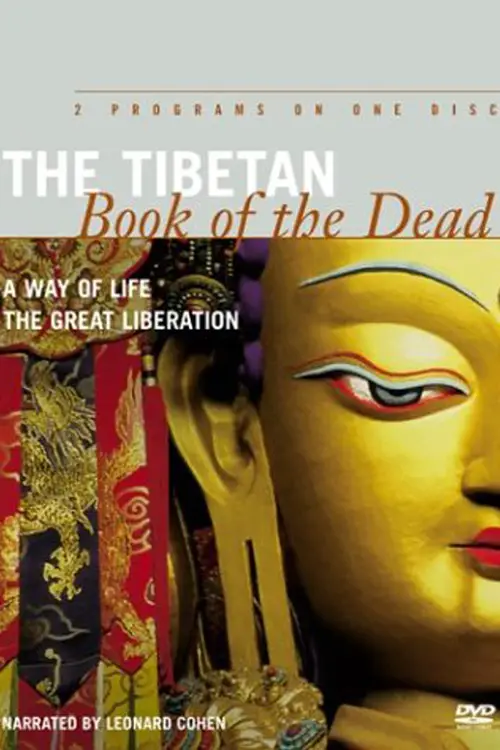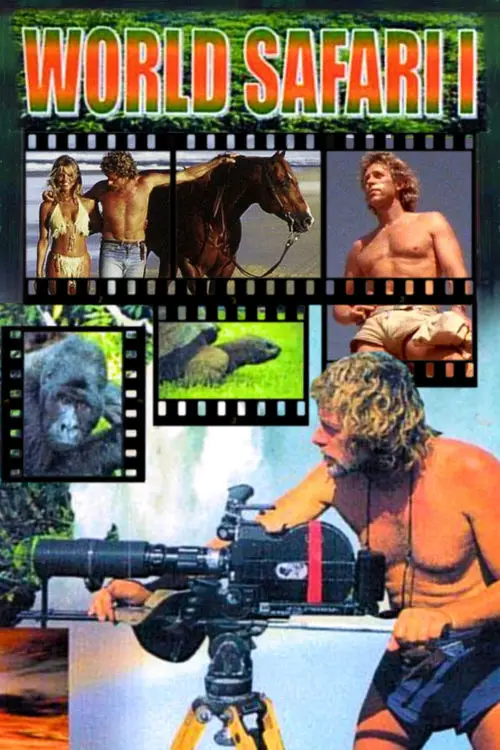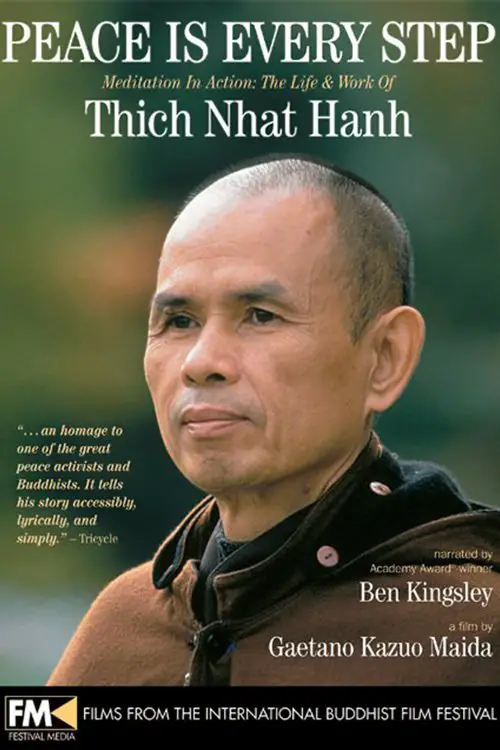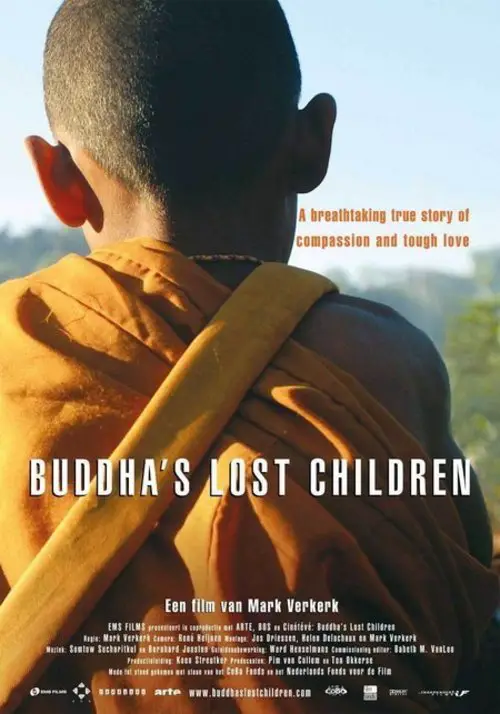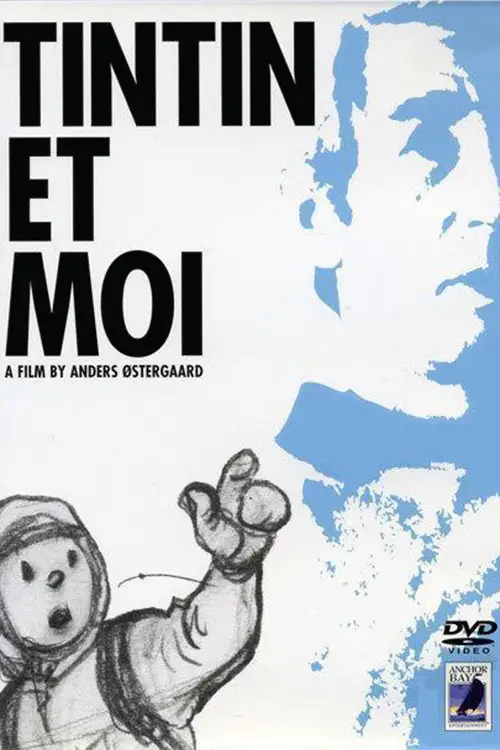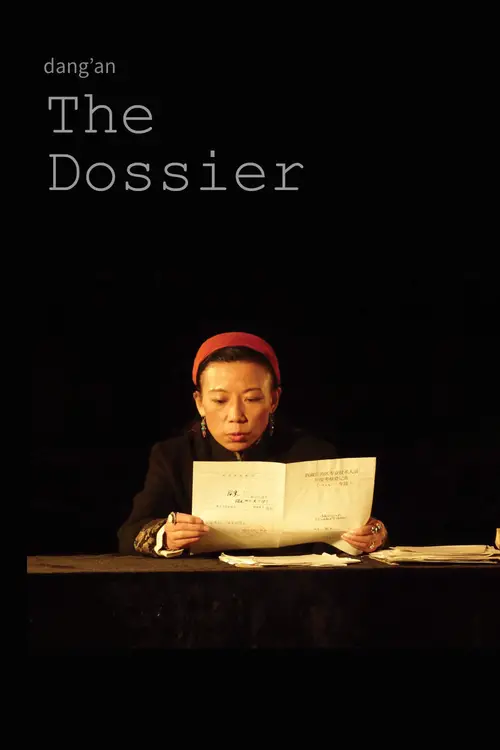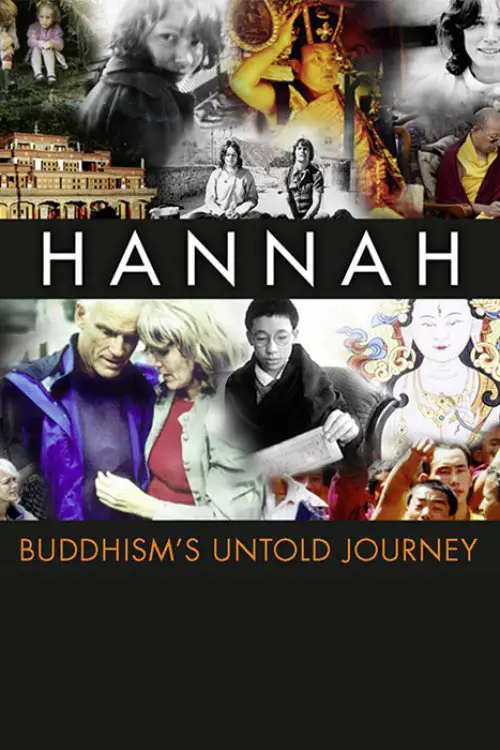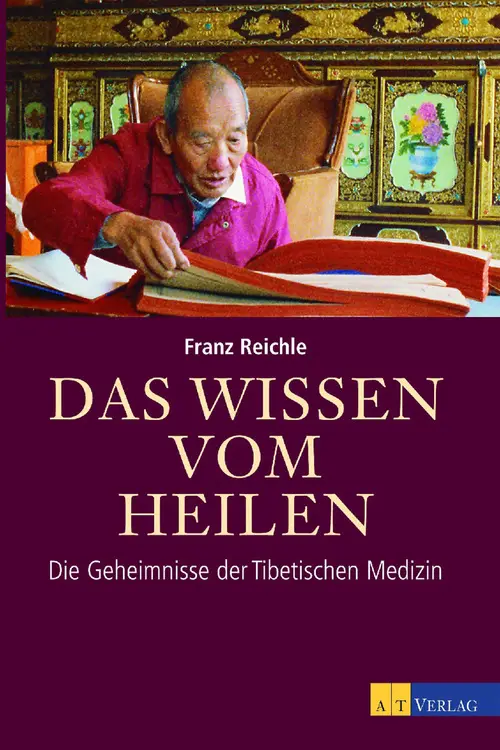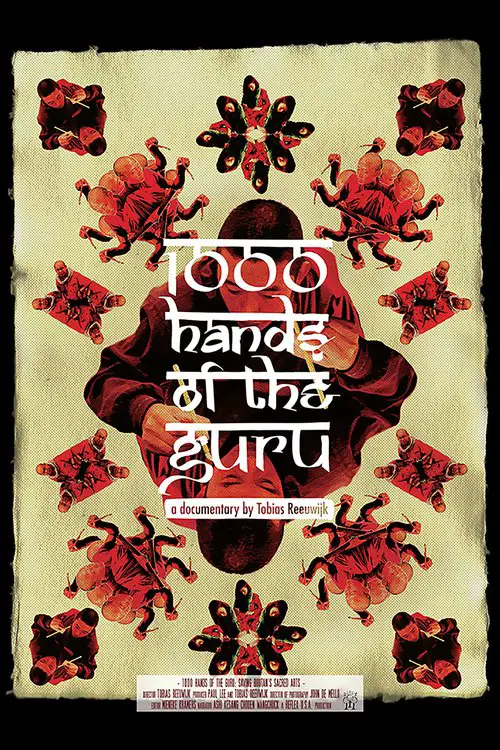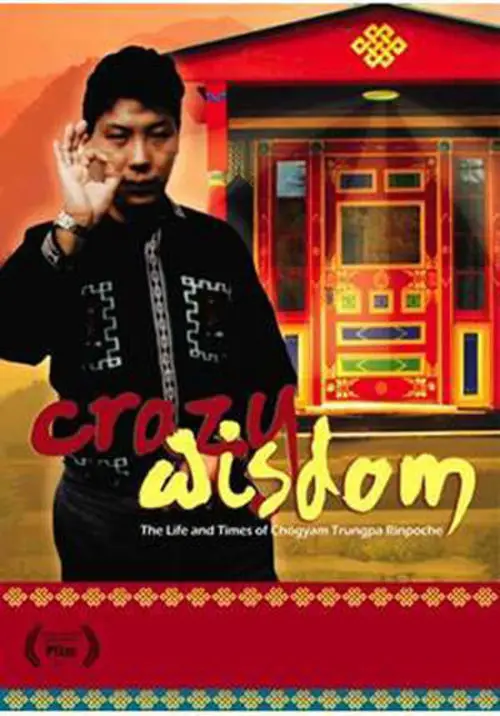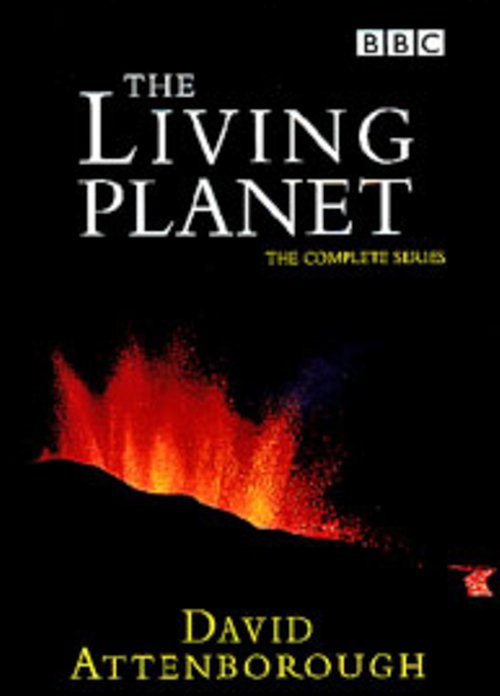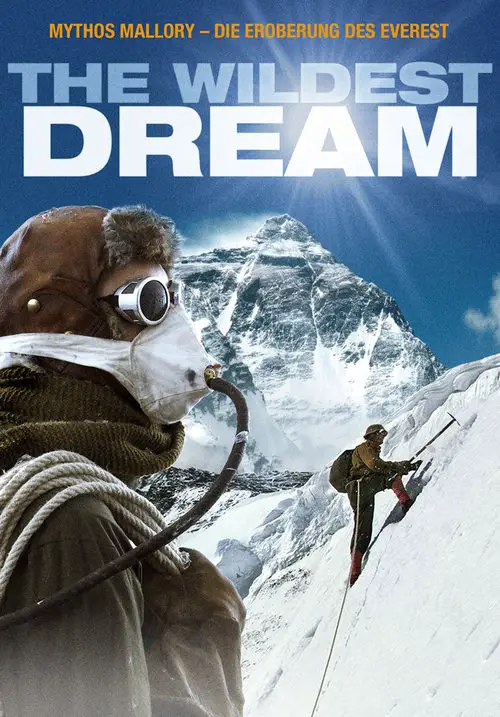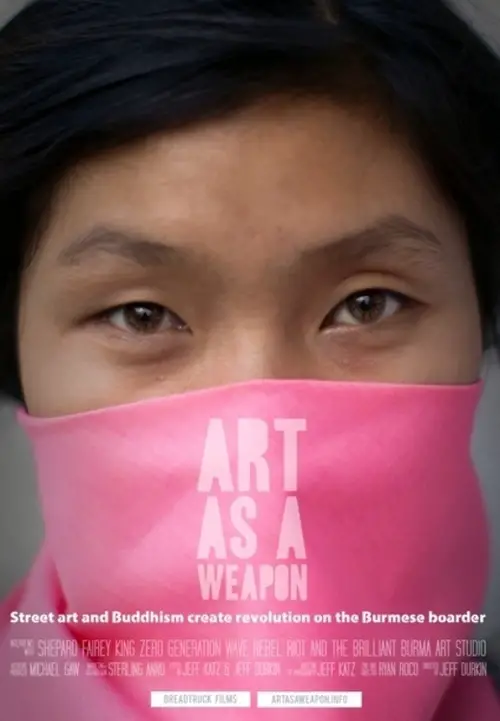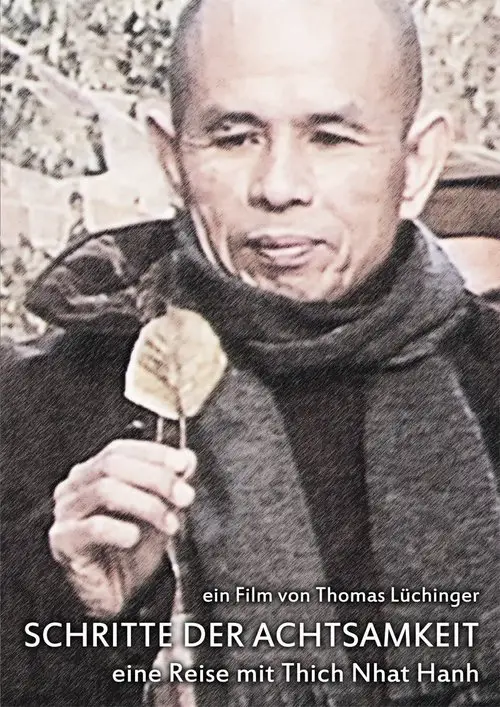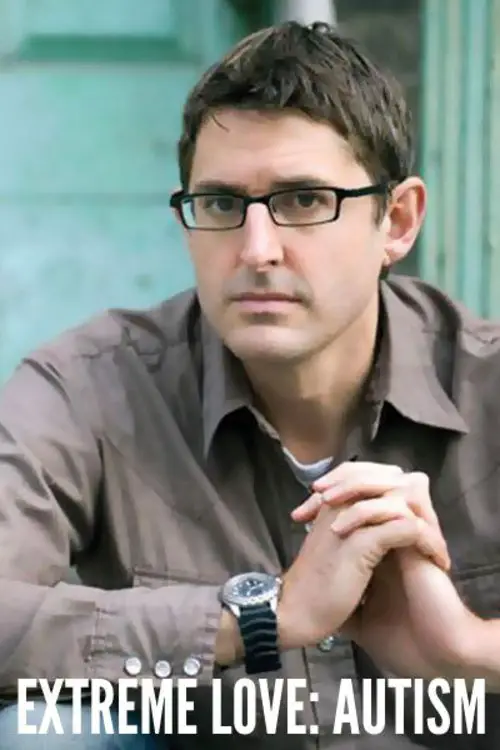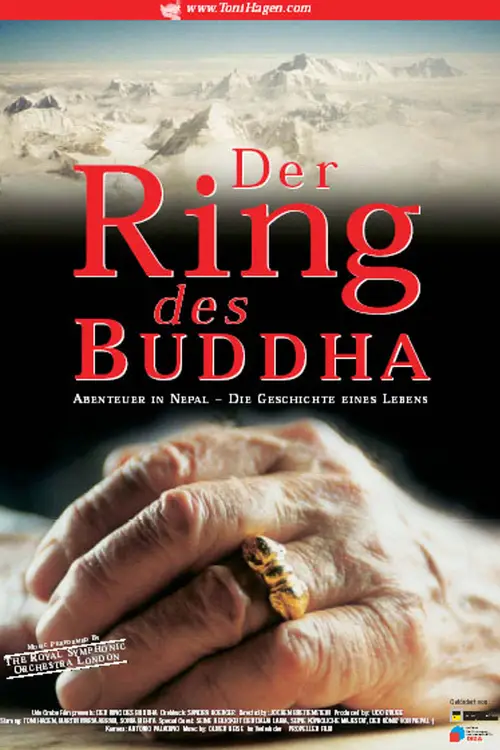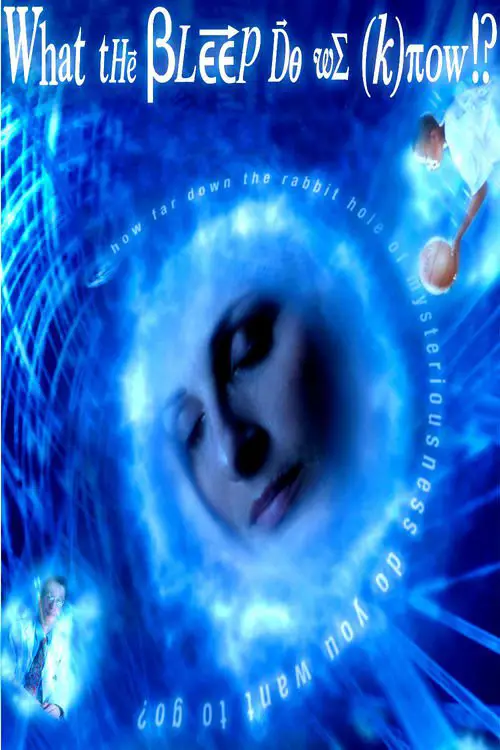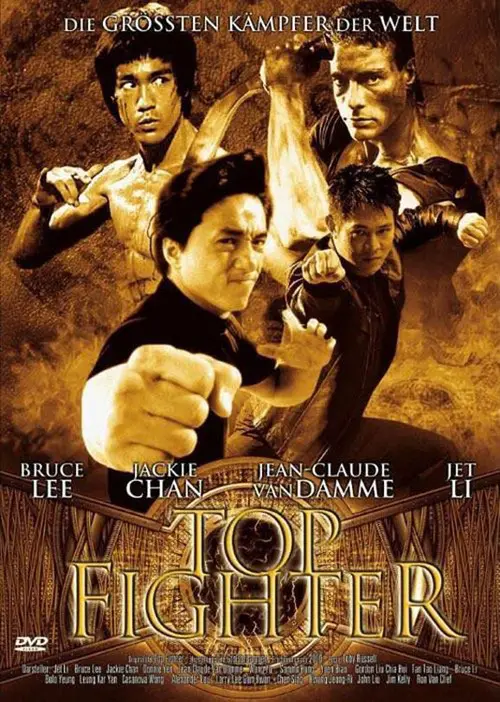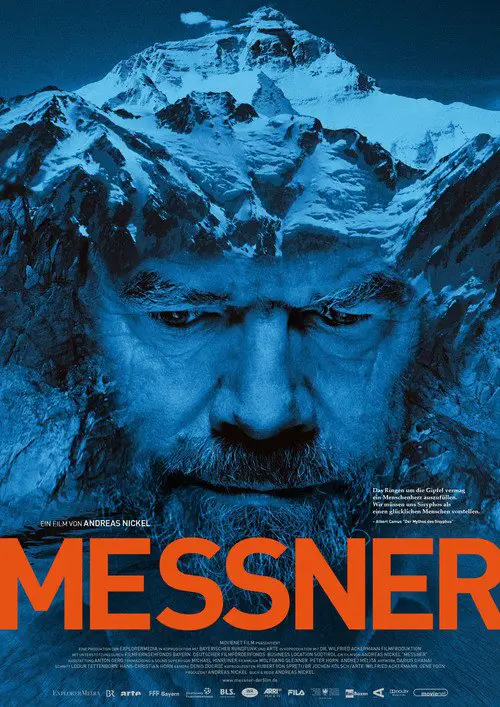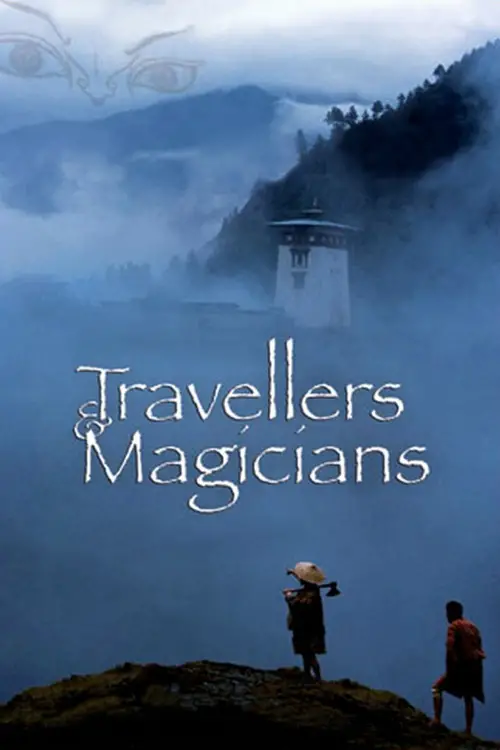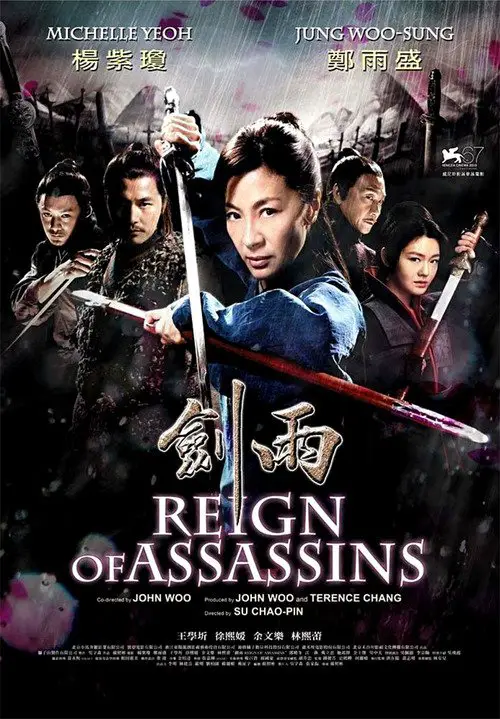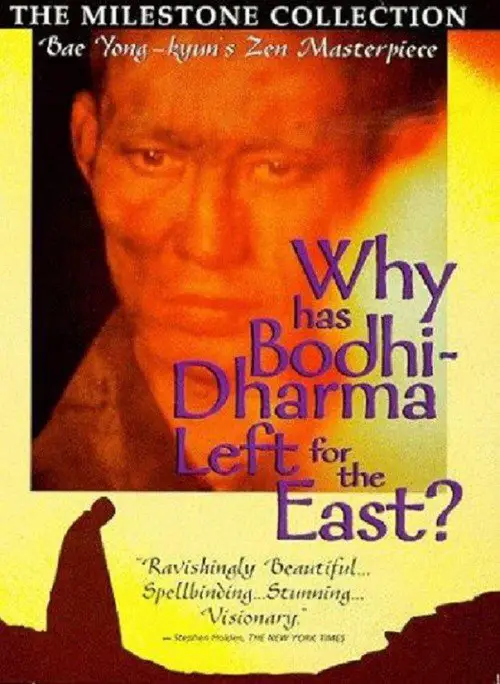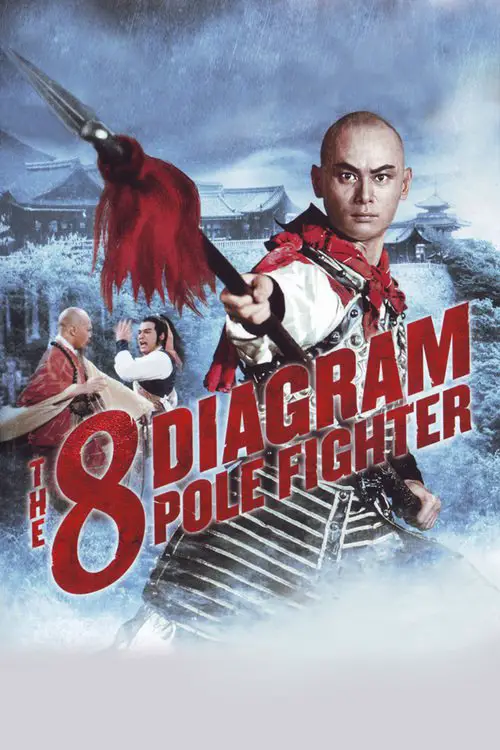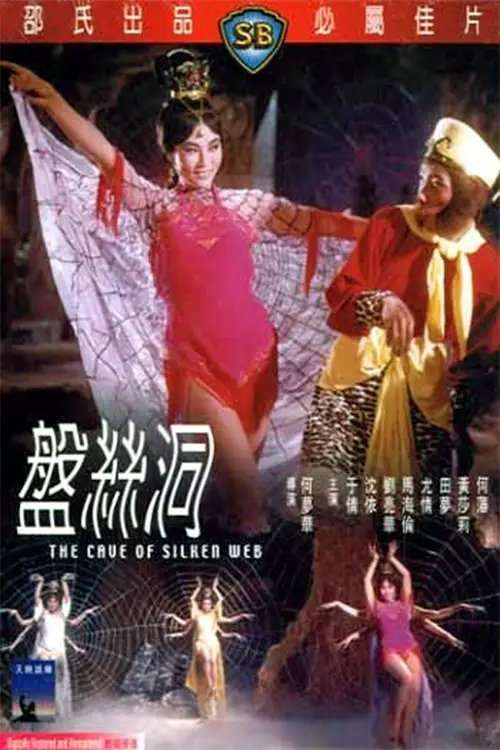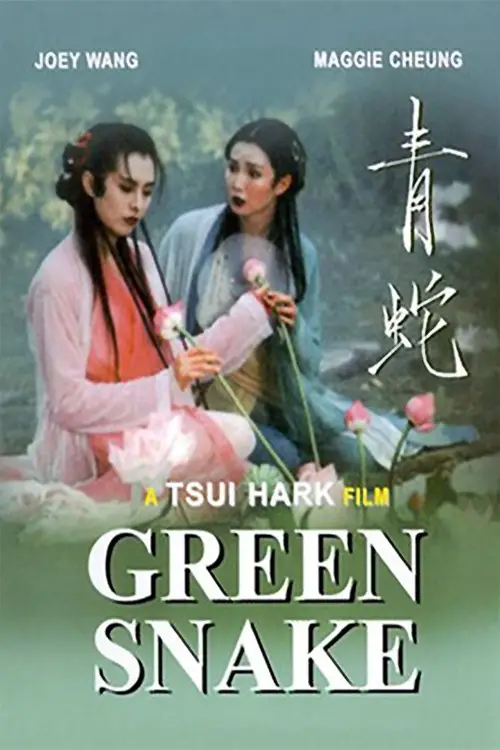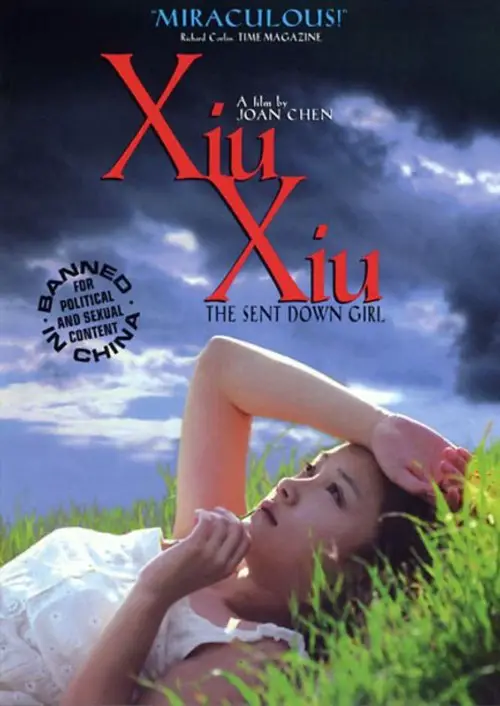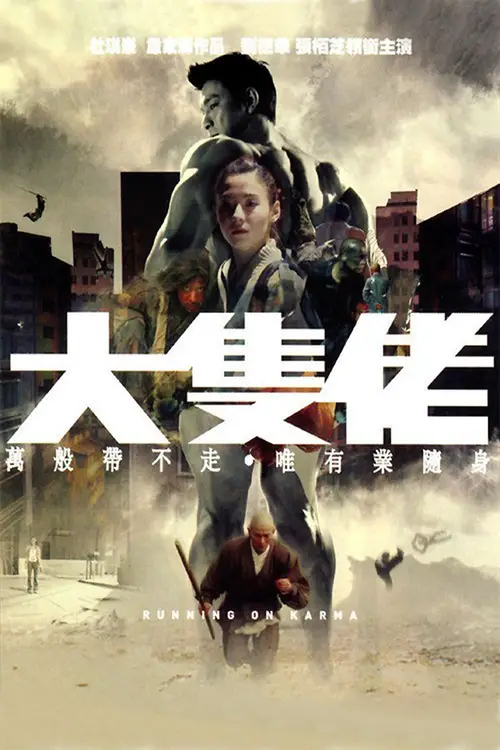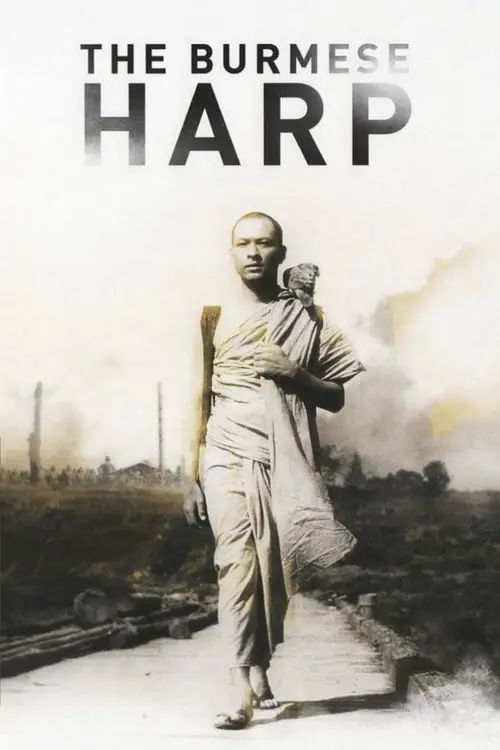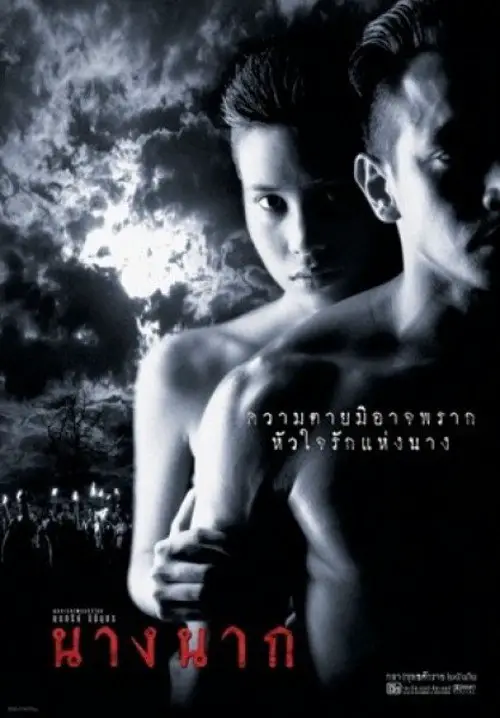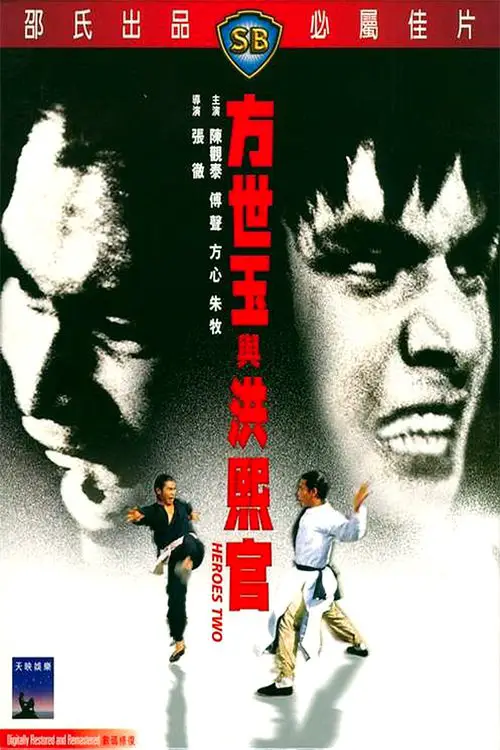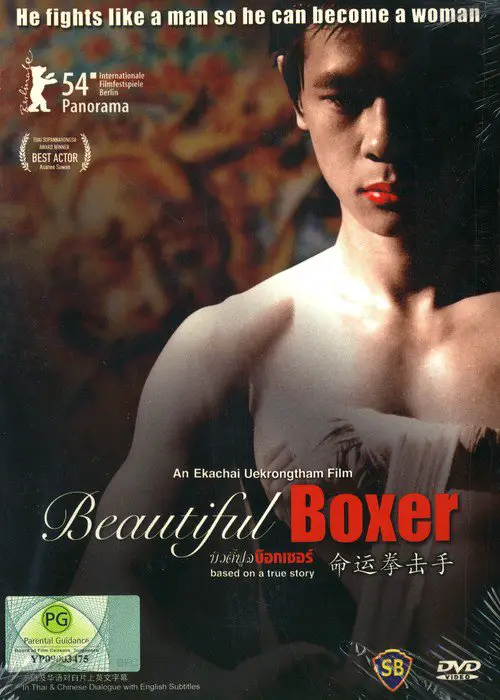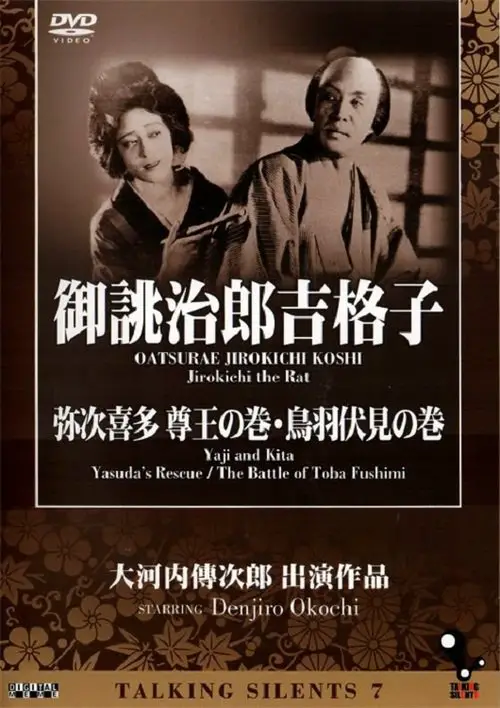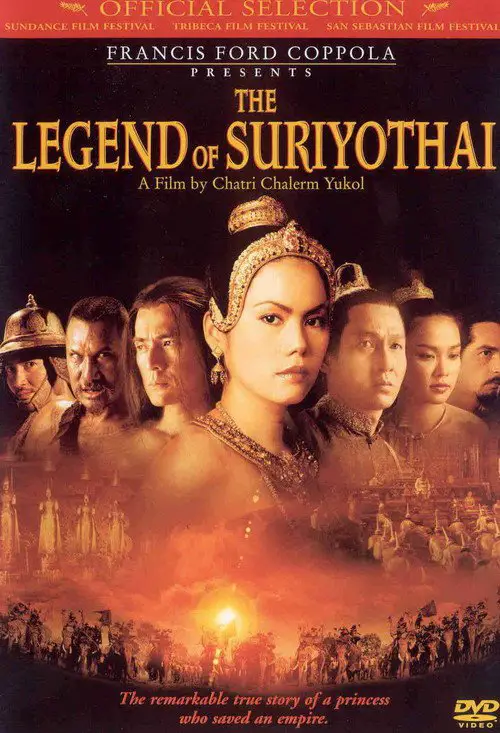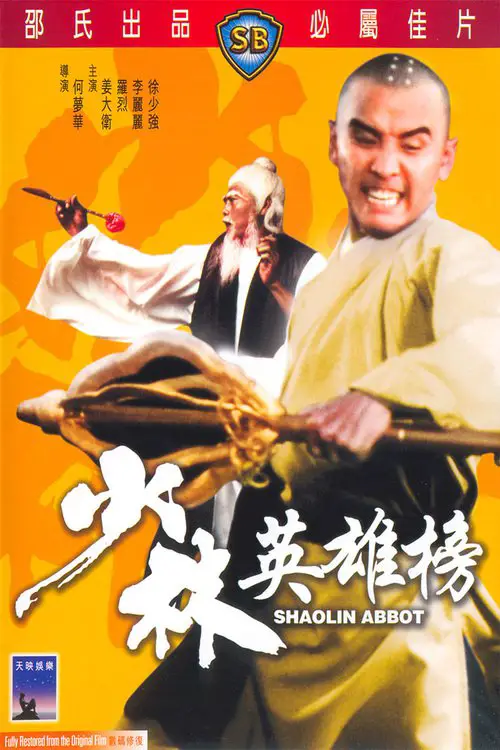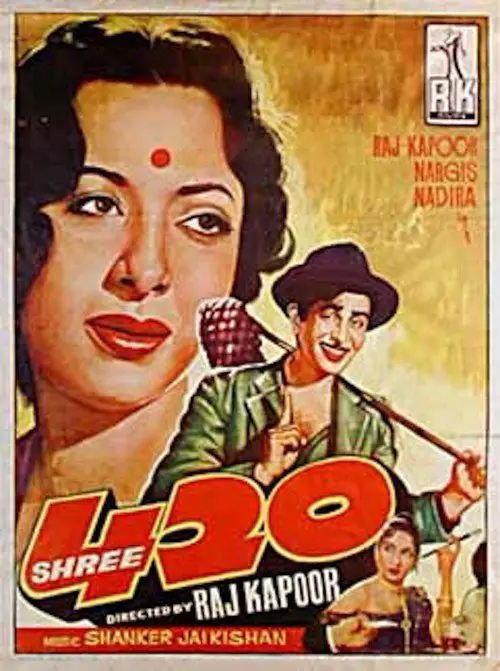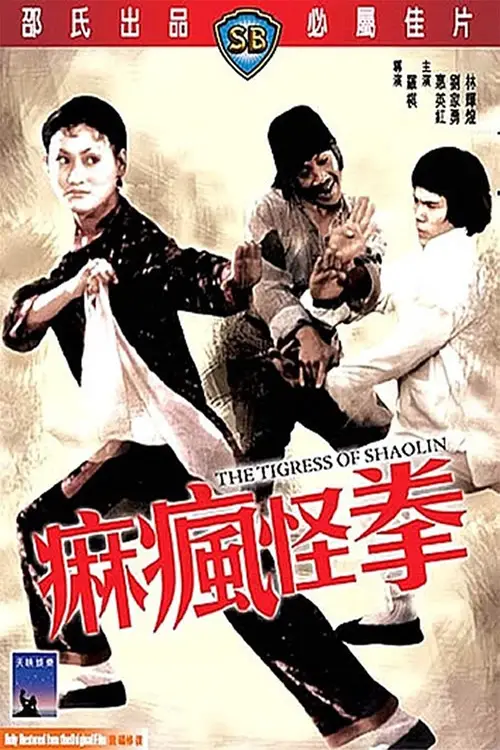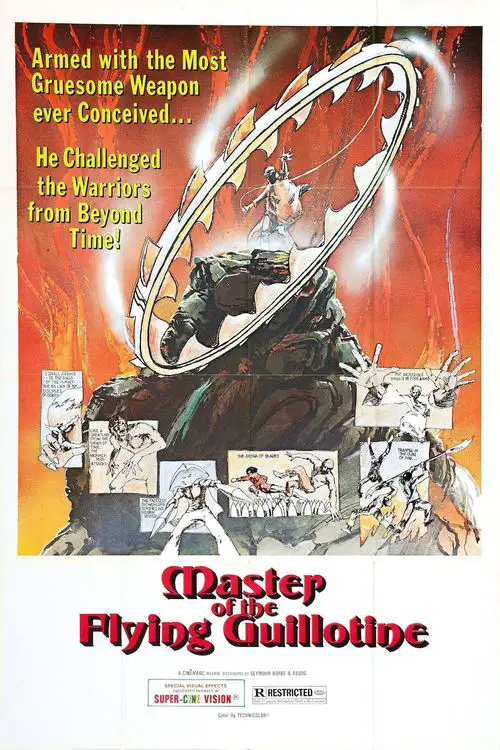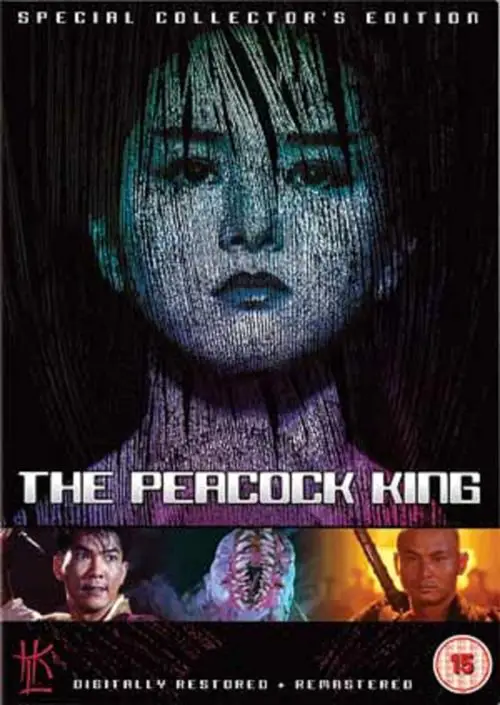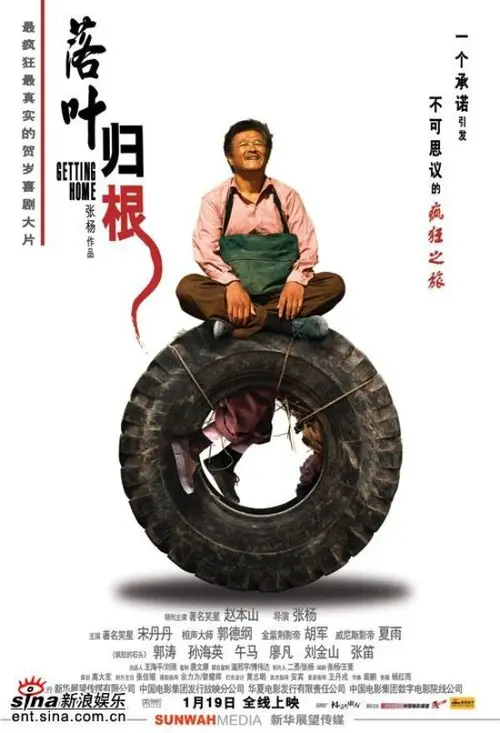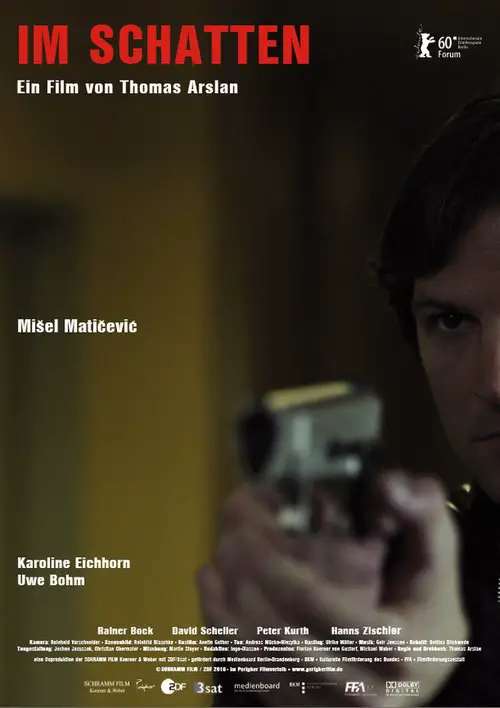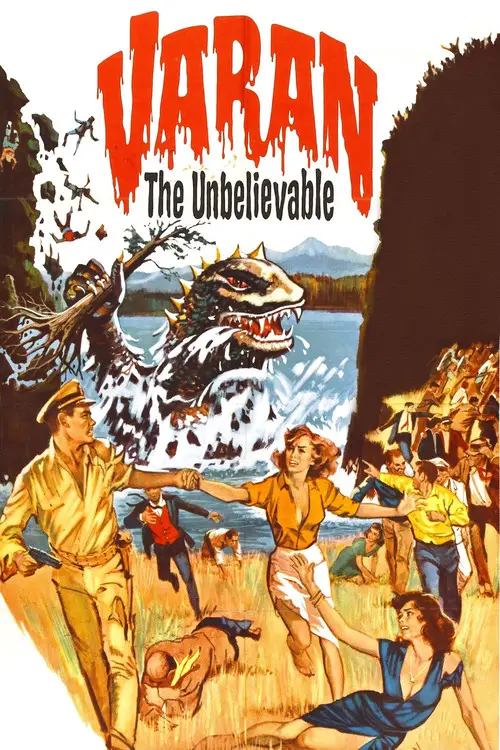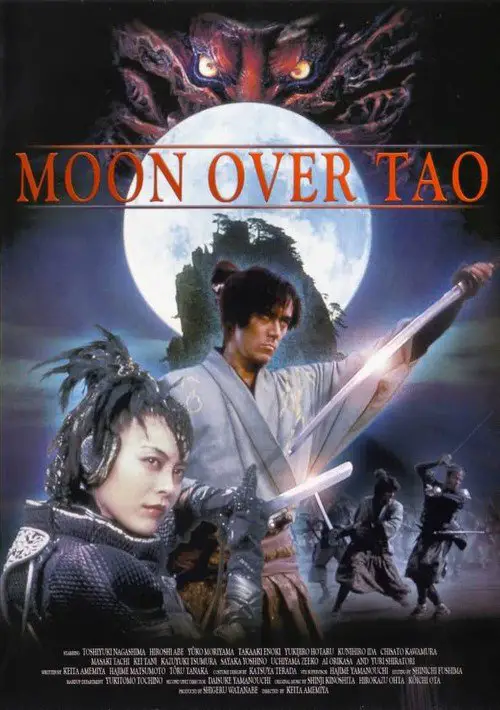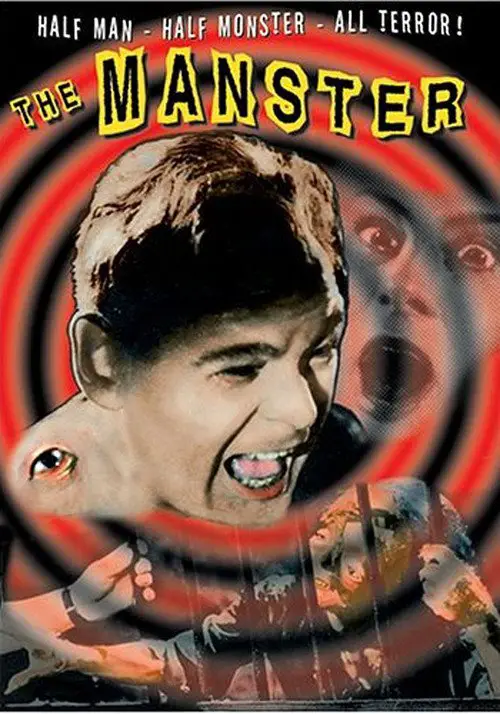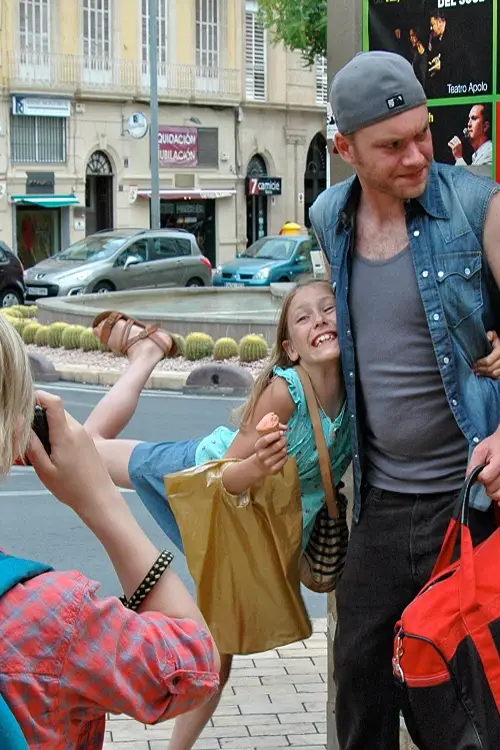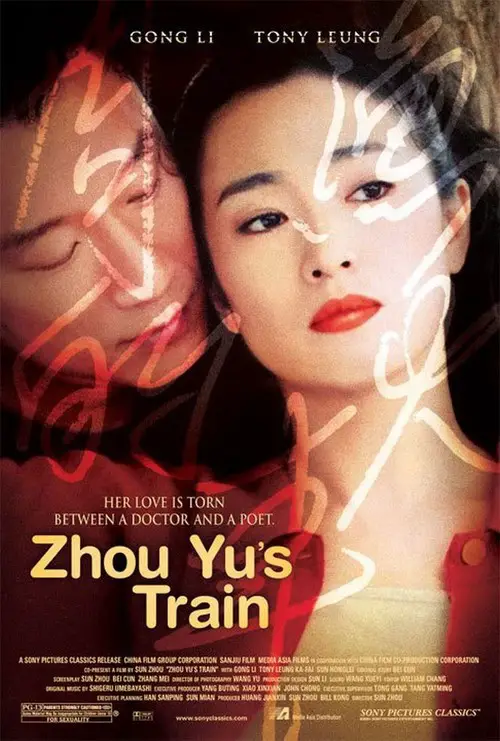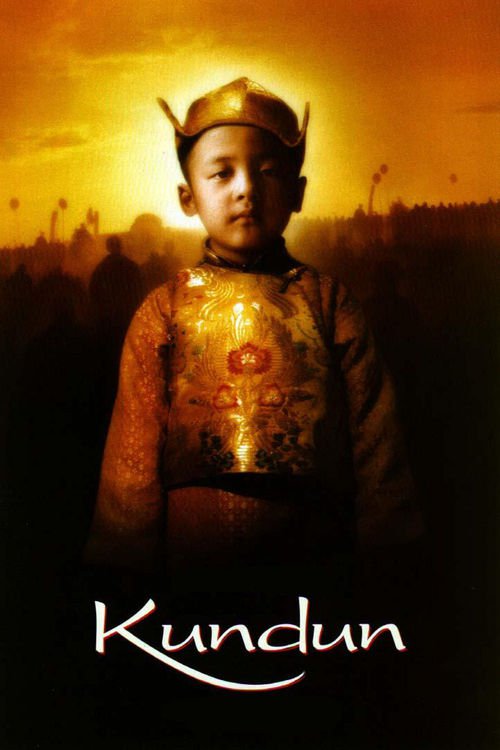The Saltmen of Tibet (1997)
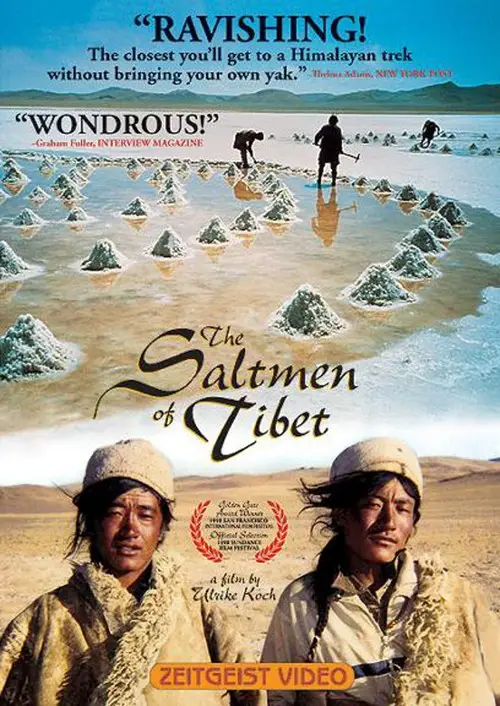
Similar movies
In Nepal, a venerable monk, Geshe Lama Konchog, dies and one of his disciples, a youthful monk named Tenzin Zopa, searches for his master's reincarnation. The film follows his search to the Tsum Valley where he finds a young boy of the right age who uncannily responds to Konchog's possessions. Is this the reincarnation of the master? After the boy passes several tests, Tenzin takes him to meet the Dali Lama. Will the parents agree to let the boy go to the monastery, and, if so, how will the child respond? Central to the film is the relationship the child develops with Tenzin.
A historical analysis of how groups such as the Naziâs may use language, symbols, and religious connotation in order to come to power. It raises questions that deserve in depth analysis and consideration. Questions include: Where do legends expand our thinking and where do they bury it? When does spiritual pursuit suddenly turn into fanaticism and violence? Last, have we as a society learned from our past, and if so have forgotten the lessons of the 20th Century? Are we now embarking on a new level only to learn the same old lessons about humanity again? In addressing these questions we are taken into the back drop of the history of Germany beginning in the late 1800âs through the late 20th Century at the eve of the 21st. âA society that does not take archetypes, myths, and symbols seriously will possibly be jumped by them from behind.â
How do you reconcile a commitment to non-violence when faced with violence? Why do the poor often seem happier than the rich? Must a society lose its traditions in order to move into the future? These are some of the questions posed to His Holiness the Dalai Lama by filmmaker and explorer Rick Ray. Ray examines some of the fundamental questions of our time by weaving together observations from his own journeys throughout India and the Middle East, and the wisdom of an extraordinary spiritual leader. This is his story, as told and filmed by Rick Ray during a private visit to his monastery in Dharamsala, India over the course of several months. Also included is rare historical footage as well as footage supplied by individuals who at great personal risk, filmed with hidden cameras within Tibet.
Glacier National Park is undergoing dramatic changes. As the glaciers that give this wilderness its name rapidly melt away, it is clear the park will never be the same. Explore the backcountry of this scenic region s pristine forests, alpine meadows, rugged mountains, and spectacular lakes to discover a dramatic transformation and witness a defiant new environment as it emerges.
World Safari is a documentary film released in 1977 made from footage of Alby Mangels and John Field's six year journey around 56 countries and four continents in the 1970s. Includes a motorcycle trip across Australia, living with Buddhist monks, selling life insurance on the side of the road, and getting lost in a two-cylinder DAF van while crossing the Sahara desert.
The influential life and powerful messages of Vietnamese Buddhist monk Thich Nhat Hanh are explored in this meditative documentary. For more than 50 years, this amazing social activist has preached self-awareness and compassion for all living things. Follow him as he travels through France and the United States -- including a stop at the Vietnam War Memorial in Washington, D.C. -- on a quest to spread mindfulness, peace and forgiveness.
Tintin and I (French: Tintin et moi) is a 2003 documentary by Anders Høgsbro Ãstergaard, about Belgian writer-artist Georges Remi, better known as Hergé, and his creation Tintin. The film is a co-production of Denmark, Belgium, France, and Switzerland.The film is based around Numa Sadoul's revealing interviews with Hergé from the 1970s, and goes into detail about Hergé's life and how the success of Tintin affected it.The film is based strongly around Hergé's experiences and state of mental health leading up to the writing of Tintin in Tibet, often heralded as Hergé's most personal album. The history of Tintin is examined through Hergé's life and the way that he was affected by the growing popularity of his character.
Tibetan writer Tsering Woeser's efforts to document and present the reality of Tibet were considered a "political problem" by the Chinese Party-state and she was fired from her job. Since then, she has persevered as an independent writer and has continued to speak out for the sufferings of Tibetan people. Zhu Rikun, the director, came into possession of Tsering's official dossier which then became the main thread of this film. The first half of the movie is centred around her reading of the dossier; be patient as the theme grows and her interviews document the changed direction her career took including footage from Tibet.
'Hannah' tells the story of Buddhist pioneer Hannah Nydahl and her life bringing Tibetan Buddhism to the West. From her idealistic roots in 1960's Copenhagen to the hippie trail in Nepal, Hannah and her husband Ole became two of the first Western students of His Holiness the 16th Karmapa - the first consciously reincarnated lama of Tibet in 1110. Hannah went on to become an assistant and translator for some of the most powerful Tibetan lamas and a bridge between Buddhism in the East and the West.
Crazy Wisdom is the long-awaited feature documentary to explore the life, teachings, and "crazy wisdom" of Chogyam Trungpa, Rinpoche, a pivotal figure in bringing Tibetan Buddhism to the West. Called a genius, rascal, and social visionary; 'one of the greatest spiritual teachers of the 20th century,' and 'the bad boy of Buddhism,' Trungpa defied categorization.
Street art, creativity and revolution collide in this beautifully shot film about artâs ability to create change. The story opens on the politically charged Thailand/Burma border at the first school teaching street art as a form of non-violent struggle. The film follows two young girls (Romi & Yi-Yi) who have escaped 50 years of civil war in Burma to pursue an arts education in Thailand. Under the threat of imprisonment and torture, the girls use spray paint and stencils to create images in public spaces to let people know the truth behind Burma's transition toward "artificial democracy." Eighty-two hundred miles away, artist Shepard Fairey is painting a 30â mural of a Burmese monk for the same reasons and in support of the students' struggle in Burma. As these stories are inter-cut, the film connects these seemingly unrelated characters around the concept of using art as a weapon for change.
Nepal 1950. A mysterious, unexplored country. The Swiss geologist Toni Hagen, was the first European to pass through the "forbidden" kingdom. He doesn't discover any mineral resources there. Yet he does uncover the mysteries of life and penetrates towards a more profound truth which lends a new dimension to his life. In the spring of 1999, Hagen returns to Nepal to keep a promise of almost 50 years: At that time a Buddhist monk had presented him with the gift of a valuable and mystical ring.
Amanda (Marlee Maitlin) is a divorced woman who makes a living as a photographer. During the Fall of the year Amanda begins to see the world in new and different ways when she begins to question her role in life, her relationships with her career and men and what it all means. As the layers to her everyday experiences fall away insertions in the story with scientists, and philosophers and religious leaders impart information directly to an off-screen interviewer about academic issues, and Amanda begins to understand the basis to the quantum world beneath. During her epiphany as she considers the Great Questions raised by the host of inserted thinkers, Amanda slowly comprehends the various inspirations and begins to see the world in a new way.
Welcome to the world of the martial arts. A voyage for the times of the martial arts cinema, from the beginning in China in the 6th Century A.C. by a Buddhist monk, Bodhidharma, until the actual time and the influence in the world, with interviews to actors and historians, and a review to the most important movies of all times and to the most famous action movies actors. A magnificent jewel of this genre what nobody wouldn't lose.
A young government official, named Dondup, who is smitten with America (he even has a denim gho) dreams of escaping there while stuck in a beautiful but isolated village. He hopes to connect in the U.S. with a visa out of the country. He misses the one bus out of town to Thimphu, however, and is forced to hitchhike and walk along the Lateral Road to the west, accompanied by an apple seller, a Buddhist monk with his ornate, dragon-headed dramyin, a drunk, a widowed rice paper maker, and his beautiful daughter, Sonam.
Set in ancient China, Zeng Jing is a skilled assassin who finds herself in possession of a mystical Buddhist monk's remains. She begins a quest to return the remains to its rightful resting place, and thus places herself in mortal danger because a team of assassins is in a deadly pursuit to possess the remains which holds an ancient power-wielding secret.
Three people live in a remote Buddhist monastery near Mount Chonan: Hyegok, the old master; Yong Nan, a young man who has left his extended family in the city to seek enlightenment - Hyegok calls him Kibong!; and, an orphan lad Haejin, whom Hyegok has brought to the monastery to raise as a monk. The story is mostly Yong Nan's, told in flashbacks: how he came to the monastery, his brief return to the city, his vacillation between the turbulence of the world and his hope to overcome passions and escape the idea of self. We also see Hyegok as a teacher, a protector, and a father figure, and we watch Haejin make his way as a curious and nearly self-sufficient child.
The Yangs are betrayed by a government official conspiring with the Mongols. All of the Yang family males except the 4th, 5th, and 6th brothers are killed. Fu Sheng loses his mind after the death of his family, while the other brother, takes refuge in a temple. Liu's superb martial arts skill, impress the temple's senior monks. He learns that his sister has been captured by the conspirators.
Director Chang Cheh begins his Shaolin Cycle with this solid kung fu actioner about a band of fighting Ming Dynasty loyalists branded as enemies of the state and driven underground following the burning of the Shaolin Temple by Qing Dynasty officials. Due to a misunderstanding, Shaolin kung fu prodigy Fong Sai-yuk (Alexander Fu Sheng) is duped into helping Qing agents to capture leading Shaolin rebel Hung Hei-gun (Chen Kuan-tai). Upon discovering his mistake, Sai-yuk teams up with the remaining rebels to free Hei-gun before his planned execution. Plotting to stop them is General Che Kang (Zhu Mu), a formidable Tibetan kung fu master who commands an army of fighters including four deadly Tibetan llamas.
While international favorite David Chiang was best known for his roles as a grinning, streetwise, fighter in many Chang Cheh-directed classics, he rarely played a noble warrior monk. But here he portrays the great Chih Shim, the monk who saved the Southern Shaolin Temple. Making this production all the more notable is Lo Lieh, Shaws' first international star, who returns to a role he also made famous - that of Shaolin renegade Pai Mei. This, and even more, makes for a true martial arts epic of the first order.
Wearing torn Japanese shoes, English trousers, a red Russian cap, and a Hindustani heart, orphaned Ranbir Raj comes to Bombay to make his fortune. He pawns his gold medal, gambles with the money, loses everything, & the balance is pick-pocketed. He ends up on the beach, meets with Vidya Shastri, a teacher who runs a private school, and both fall in love. Ranbir gets a job in a laundry. When he goes to deliver some clothes to Maya, she notices that he has a way with cards, gets him to accompany her to a casino of sorts, where he wins Rs.20000/-, which unfortunately is pocketed by Maya. Then a rich industrialist, Sonanand Dharmachand, approaches Ranbir, hires him to work for him, and soon Ranbir is on his way to a wealthy life. Vidya gets a first hand look at this wealthy life, and decides to break up with him. Sonachand teaches Ranbir that in order to make money one must never discriminate between the rich and poor...
Hui Ying-hung, legendary director Chang Cheh's discovery, and the protege of equally legendary director Liu Chia-liang co-stars with Liu's nephew, Liu Chia-yung in this fast-paced, action packed comedy of kung-fu characters. Liu Chia-yung is saved from drug smugglers by Hui Ying-hung, whose godfather is a drunken master and whose leprous godmother is mistress of the fairly off-putting Leprosy Boxing style.
A one-armed martial arts master is being stalked by an Imperial assassin, the master of two fighters (the Tibetan Lamas) who were killed in the previous film. When the One-Armed Boxer is invited to attend a martial arts tournament, his efforts to lay low are unsuccessful, and the assassin soon tracks him down with the help of his three subordinates competing in the tournament: a Thai boxer, a yoga master, and a kobojutsu user.
In an effort to find an economic means of purifying salt water, a joint U.S.-Japanese military command is set up on an isolated Japanese island where an unusual salt water lake is situated. However, their purifying experiments arouse the prehistoric monster Obaki from hibernation at the lake's bottom, and it proceeds to attack Japan.
A retired warrior comes to see his former lord and learns that someone is making indestructible swords from some unknown metal. He is sent together with a swordsman to investigate the source. Along the way they meet a young girl working as a beekeeper. She is later witness to the appearance of three strange females from another dimension. They are searching for a lost weapon that has landed on earth and as one of them lay dying she enlists the girl to help them control the strange beast/weapon. Meanwhile the warrior and the swordsman learn that an old nemesis has created the swords from the shell that surrounded the alien weapon. Soon the alien beast/weapon is awakened and battle for control ensues.
Zhou Yu, a ceramic artisan in China's rural Northwest, has a deep rapport with Chen Qing, a shy sensitive poet. Taking a long train ride every weekend just to make mad passionate love with him, her longing seems insatiable. Until one day, she meets the hedonistic vet Zhang Qiang and begins a torrid affair, which takes her to another train station, and another level of lust. Driven by the locomotive of love and desire, she hustles through a dark tunnel of no return.
The Tibetans refer to the Dalai Lama as 'Kundun', which means 'The Presence'. He was forced to escape from his native home, Tibet, when communist China invaded and enforced an oppressive regime upon the peaceful nation of Tibet. The Dalai Lama escaped to India in 1959 and has been living in exile in Dharamsala ever since.
Austrian mountaineer Heinrich Harrer journeys to the Himalayas without his family to head an expedition in 1939. But when World War II breaks out, the arrogant Harrer falls into Allied forces' hands as a prisoner of war. He escapes with a fellow detainee and makes his way to Llaso, Tibet, where he meets the 14-year-old Dalai Lama, whose friendship ultimately transforms his outlook on life.
© Valossa 2015–2026
| Privacy Policy
